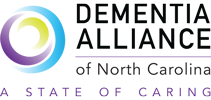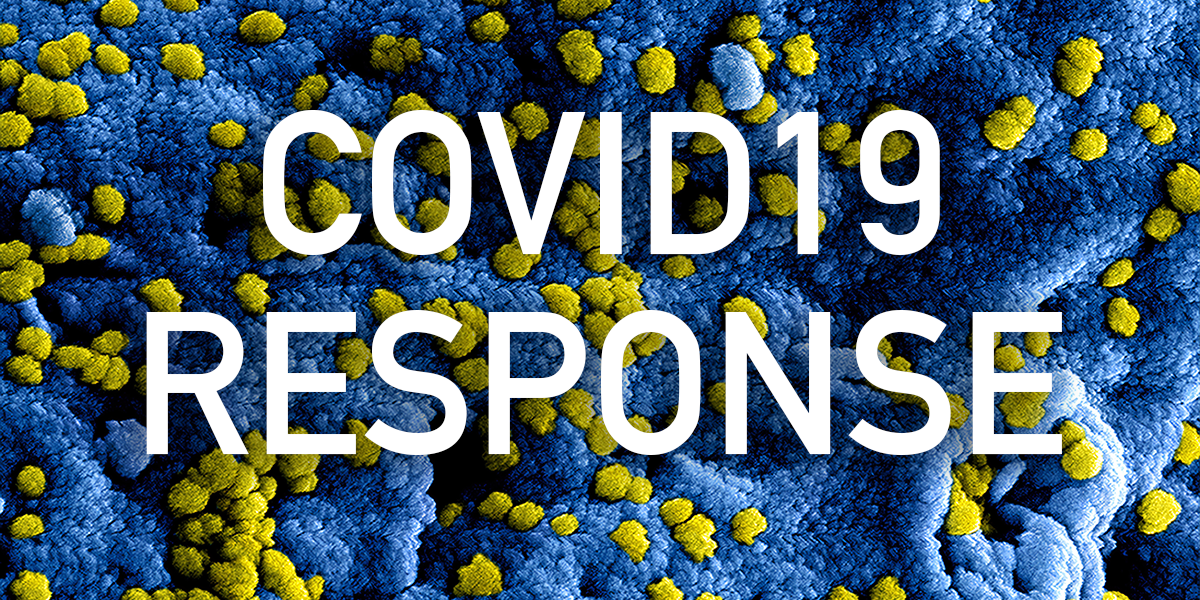Update as of 3/12/2020: After an in-depth thoughts and discussion with Dementia Alliance of North Carolina leadership and in an effort to support ongoing efforts to minimize the potential spread of COVID-19, we have made the decision to postpone ALL March trainings and workshops. Alternate dates will be communicated as they become available. We have also decided to postpone the April 4 Charting the Course Gala to August 1, 2020.
We will continue to monitor the recommendations and communicate any additional cancellations and postponements in April as soon as possible.
In making our decision, foremost in our mind was our community of North Carolinians living with dementia and the caregivers we serve and keeping our most at risk populations safe during these unprecedented times. We appreciate your ongoing support of Dementia Alliance of North Carolina and commitment to the health and well-being of our entire community.
There is currently no vaccine to prevent coronavirus disease 2019 (COVID-19). The best way to prevent illness is to avoid being exposed to this virus. However, as a reminder, CDC recommends these everyday habits to help prevent the spread of viruses:
- Avoid close contact with people who are sick.
- Avoid touching your eyes, nose, and mouth.
- Stay home when you are sick.
- Cover your cough or sneeze with a tissue, then throw the tissue in the trash.
- Clean and disinfect frequently touched objects and surfaces using a regular household cleaning spray or wipe.
- Follow CDC’s recommendations for using a facemask.
- CDC does not recommend that people who are well wear a facemask to protect themselves from respiratory diseases, including COVID-19.
- Facemasks should be used by people who show symptoms of COVID-19 to help prevent the spread of the disease to The use of facemasks is also crucial for health workers and people who are taking care of someone in close settings (at home or in a health care facility).
- Wash your hands often with soap and water for at least 20 seconds, especially after going to the bathroom; before eating; and after blowing your nose, coughing, or sneezing.
- If soap and water are not readily available, use an alcohol-based hand sanitizer with at least 60% alcohol. Always wash hands with soap and water if hands are visibly dirty.
Other considerations:
- Please do not attend support groups, workshops, conferences or public gatherings if you are sick or have been exposed to someone with the Coronavirus within the last 2 weeks. Please, do not be the vector for spreading this illness.
- Avoid handshakes, hugs or close contact. Give a nod of respect, tap elbows, try fist bumps, or even a high-fives is less germy than a handshake.
- Try an alternative to exchanging business cards. Just ask for a fellow attendee’s LinkedIn or social media handles to follow them instantly.
PEOPLE AT HIGHER RISK FOR COMPLICATIONS:
Older adults (65+) who have severe chronic medical conditions like heart, lung or kidney disease seem to be at higher risk for more serious COVID-19 illness. Early data suggest older people are twice as likely to have serious COVID-19 illness. Learn more from the Centers for Disease Control and Prevention (CDC).
For information specific to caregivers of people living with dementia, the Alzheimer’s Foundation of America has a list of useful tips to consider.
Be prepared:
- Keep at least a 30-day supply of essential medicines
- Have essential household items on hand, such as laundry and dish detergent, and toilet tissue
- Have essential personal supplies on hand such as toothpaste, soap, incontinence briefs, etc.
- Have a supply of basic food staples – but no need to stockpile food. Prepare- don’t panic.
- Get your flu and pneumonia vaccinations if you haven’t already.
For information specific to handwashing, see CDC’s Handwashing
For information specific to healthcare, see CDC’s Hand Hygiene in Healthcare Settings
CDC also has specific guidance for travelers.
The American Chemistry Council’s (ACC) Center for Biocide Chemistries (CBC) has compiled a list of products that have been pre-approved by the U.S. Environmental Protection Agency (EPA) for use against novel coronavirus (COVID-19) outbreak. Click here to download list
Credible Resources for North Carolina:
COVID-19 NC DHHS Website: https://covid19.ncdhhs.gov/
COVID-19 info for Health Providers and Local Health Departments: https://www.cdc.gov/coronavirus/2019-nCoV/hcp/index.html
Center For Disease Control: https://www.cdc.gov/coronavirus/2019-nCoV/index.html


